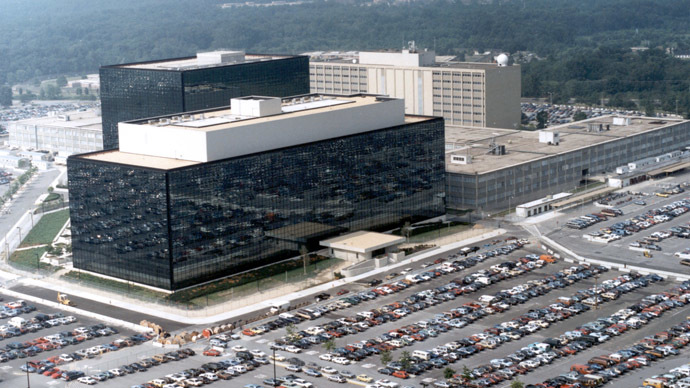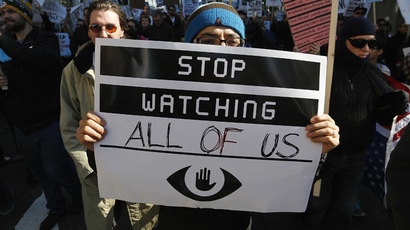We need oversight to stop NSA cheating – former intel analyst

The NSA needs oversight to ensure the NSA adheres to the reforms announced by President Obama, a former analyst has said. The US president curtailed the NSA’s mass gathering of metadata which had been branded as “unconstitutional” on Friday.
Fresh off the back of Obama’s announcement the NSA would have to obtain court permission to access the NSA’s treasure trove of metadata, whistleblower Kirk Wiebe gave his reaction to the proposed changes. Although he admitted he was “cautiously optimistic” about the overhaul, he insisted that there was no way of verifying if the NSA implements any changes.
“The NSA has existed for 61 years. It has blatantly violated its charter – the law – for 41 years of that time and has only been relatively clean for about 21 years,” said former NSA senior analyst Kirk Wiebe at a Washington conference. Given the agency’s checkered record, he said there was desperate need for oversight.
Wiebe suggested that the government hire a group of “techies” and give them computers and clearances so they can “delve” into the NSA’s databases and verify that data is not being collected, analyzed and “given to people to whom it should not be.”
“Until we have that kind of oversight the cheating that has gone on for the last 40-odd years of its existence is going to happen again.”
Without any system of verification “we have nothing in the way of progress for privacy” in the US, said Wiebe adding that Obama did not give any mention to an oversight system in his speech on Friday.
In spite of the US government’s claims that it only gathers metadata, Wiebe insisted said there was undeniable evidence the security agency also gathers content in huge swathes. Referencing the Guardian report on the NSA’s collection of hundreds of millions of text messages every day, he pointed out the president did not say a word about the practice.
‘Redefining the constitution’
The American constitution protects all its citizens’ right to privacy unless there is a “probably cause” that would allow for such a violation, Wiebe said. However, he suggests that the NSA has “redefined the fourth amendment” by replacing “probable cause” with “reasonable suspicion.”
“General Haydon – the former director of the NSA – was the first one to redefine the constitution in front of a reporter. Haydon argues with the reporter vehemently that “probably cause” does not exist.”
Wiebe said that the concept of reasonable suspicion “flies in the face of our national history” and the president reiterated it in his speech on Friday.
Over 6 months after former CIA contractor Edward Snowden released a trove of classified documents, blowing the whistle on the NSA’s spy programs, Obama announced changes to the security agency. As of Friday NSA officials must obtain court permission in order to access the government’s archive of telephone metadata. Moreover, responding to the political backlash from foreign leaders who were targeted by NSA espionage, Obama said the agency “would no longer monitor the communications of heads of state” unless there is a compelling national security purpose at stake.















